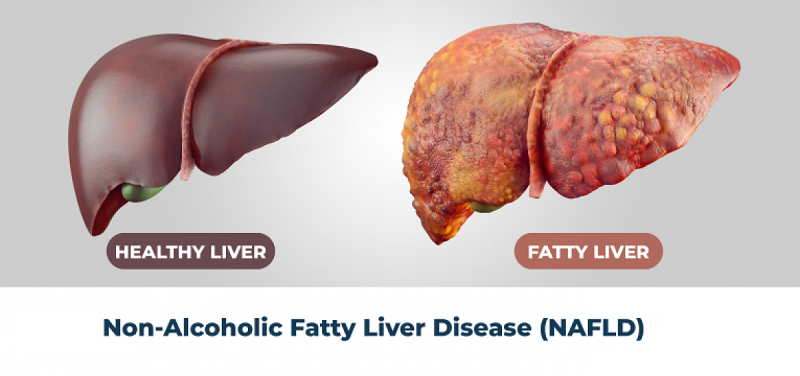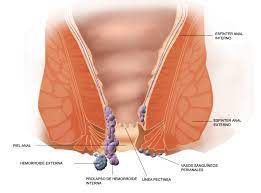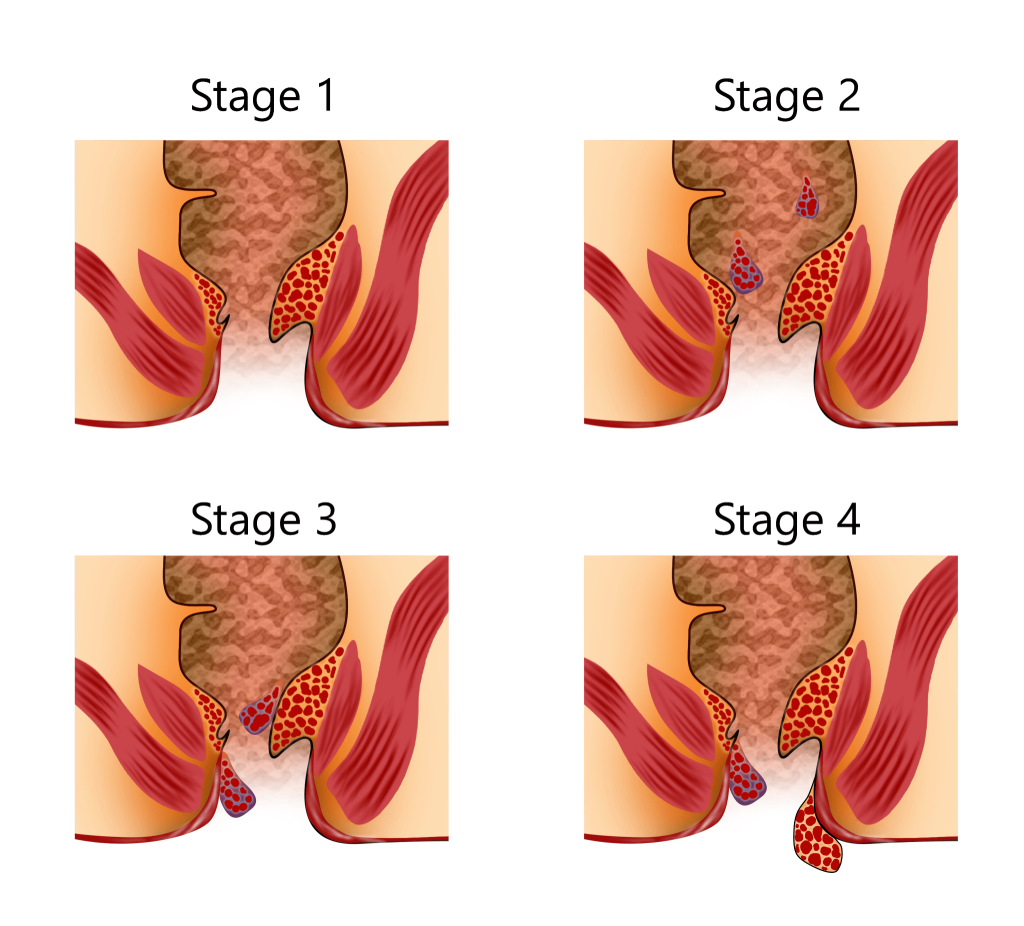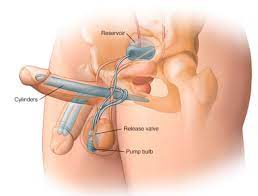Performance Pressure During Intercourse
Intercourse is a deeply intimate and personal experience, but for many individuals, it can also be accompanied by feelings of performance pressure. Whether it's the desire to please a partner, meet societal expectations, or simply achieve personal satisfaction, performance pressure can significantly impact one's sexual experience. Understanding its causes, effects, and strategies for managing it is crucial for fostering healthy and fulfilling sexual relationships.
Causes of Performance Pressure:
1. Societal Expectations:Society often perpetuates unrealistic standards of sexual performance, creating pressure to perform according to predetermined norms. This can include expectations related to duration, frequency, and intensity of intercourse.
2.Media Portrayals:Mainstream media frequently depicts idealized versions of sexual encounters, leading individuals to compare themselves to unrealistic standards set by movies, TV shows, and pornography.
3. **Past Experiences: Previous negative sexual encounters or experiences of rejection can contribute to performance anxiety, as individuals may fear repeating past disappointments.
4. **Relationship Dynamics:** The dynamics within a relationship, such as communication issues or unresolved conflicts, can amplify feelings of pressure during intercourse.
**Effects of Performance Pressure:**
1. **Anxiety and Stress:** Performance pressure often leads to heightened levels of anxiety and stress, which can interfere with arousal and enjoyment.
2. **Erectile Dysfunction and Premature Ejaculation:** For men, performance pressure is frequently associated with difficulties in achieving or maintaining an erection (erectile dysfunction) or ejaculating prematurely.
3. **Loss of Pleasure:** The focus on performance can detract from the pleasure and intimacy of the sexual experience, turning it into a goal-oriented activity rather than a mutually enjoyable interaction.
4. **Impact on Relationships:** Persistent performance pressure can strain relationships, leading to communication breakdowns, resentment, and decreased satisfaction for both partners.
**Strategies for Managing Performance Pressure:**
1. **Open Communication:** Honest and open communication with your partner about fears, desires, and expectations can help alleviate performance pressure and foster understanding and support.
2. **Mindfulness and Relaxation Techniques:** Practicing mindfulness, deep breathing, and relaxation techniques can help reduce anxiety and promote a more present and enjoyable sexual experience.
3. **Focus on Pleasure, Not Performance:** Shifting the focus from achieving a specific outcome to enjoying the sensations and connection with your partner can help alleviate performance pressure and enhance intimacy.
4. **Exploring Alternative Intimacy:** Engaging in non-penetrative forms of intimacy, such as kissing, cuddling, and mutual masturbation, can reduce performance pressure while still fostering intimacy and pleasure.
5. **Seeking Professional Help:** If performance pressure persists and significantly impacts sexual satisfaction and relationship dynamics, seeking guidance from a therapist or sexologist can provide valuable support and strategies for addressing underlying issues.
**Conclusion:**
Performance pressure during intercourse is a common experience for many individuals, but it doesn't have to define or diminish sexual satisfaction. By understanding its causes, effects, and strategies for managing it, individuals and couples can cultivate healthier attitudes towards sex, enhance intimacy, and enjoy fulfilling sexual relationships. Open communication, mindfulness, and a focus on pleasure over performance are key to overcoming performance pressure and embracing the full richness of sexual expression.



























